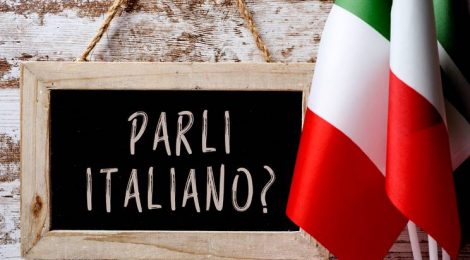
L’ANGOLO DELLA LINGUA
Let’s review how you translate before (prima) and after (dopo), in various situations. Note the use of the subjunctive and of the infinitive (rather than the gerund) in some of the sentences).
Prima che tu te la prenda con me, voglio precisare qualcosa = before you have a go at me, I want to clarify something
Prima che arrivassi tu (or prima del tuo arrivo), la stanza era tanto allegra –ci hai proprio rovinato la festa! = before you arrived (or before your arrival) the room was bubbly – you really spoilt our party!
Prima di parlare, pensa! = Think before opening your mouth
Prima di andare al teatro dovremmo cenare o perlomeno fare uno spuntino = before going to the theatre we should have dinner or at least a snack
Arriverò poco prima delle 10:00 = I’ll arrive just before 10 am
Prima di venire da noi stasera, potresti comprarci un litro di latte per favore? = before coming to our place this evening, could you please buy us a litre of milk?
Bambini, prima di addormentarvi ricordatevi di dire le vostre preghiere = Children, remember to say your prayers before going to sleep
—————————————————————————————————————-
Dopo aver visto quel documentario sui ghiacciai che si sciolgono, mi sento di dover fare qualcosa anch’io per salvare il pianeta = after watching the documentary on the melting icebergs I feel compelled to do something myself to save the planet
Dopo essere arrivato tardi, pretendi che tutti facciano attenzione a te! = after getting here late, you expect everyone to pay attention to you!
Siete liberi dopo le 15:00? Allora venite da me a prendere un caffè = are you free after 3pm? Then come to my place for a coffee
Siamo arrivati poco dopo l’inizio del concerto ed abbiamo dovuto rimaner fuori per mezz’ora = we arrived soon after the start of the concert and we had to stay outside for half an hour
Dopo avermi mostrato la foto della figlia, si è messa a piangere = after showing me her daughter’s photo, she started crying.
Dopo essersi reso conto di aver sbagliato indirizzo, il pagliaccio si è scusato ed è andato dai vicini = after realising he had got the wrong address, the clown apologised and went to the neighbour’s house
Yvette Devlin
